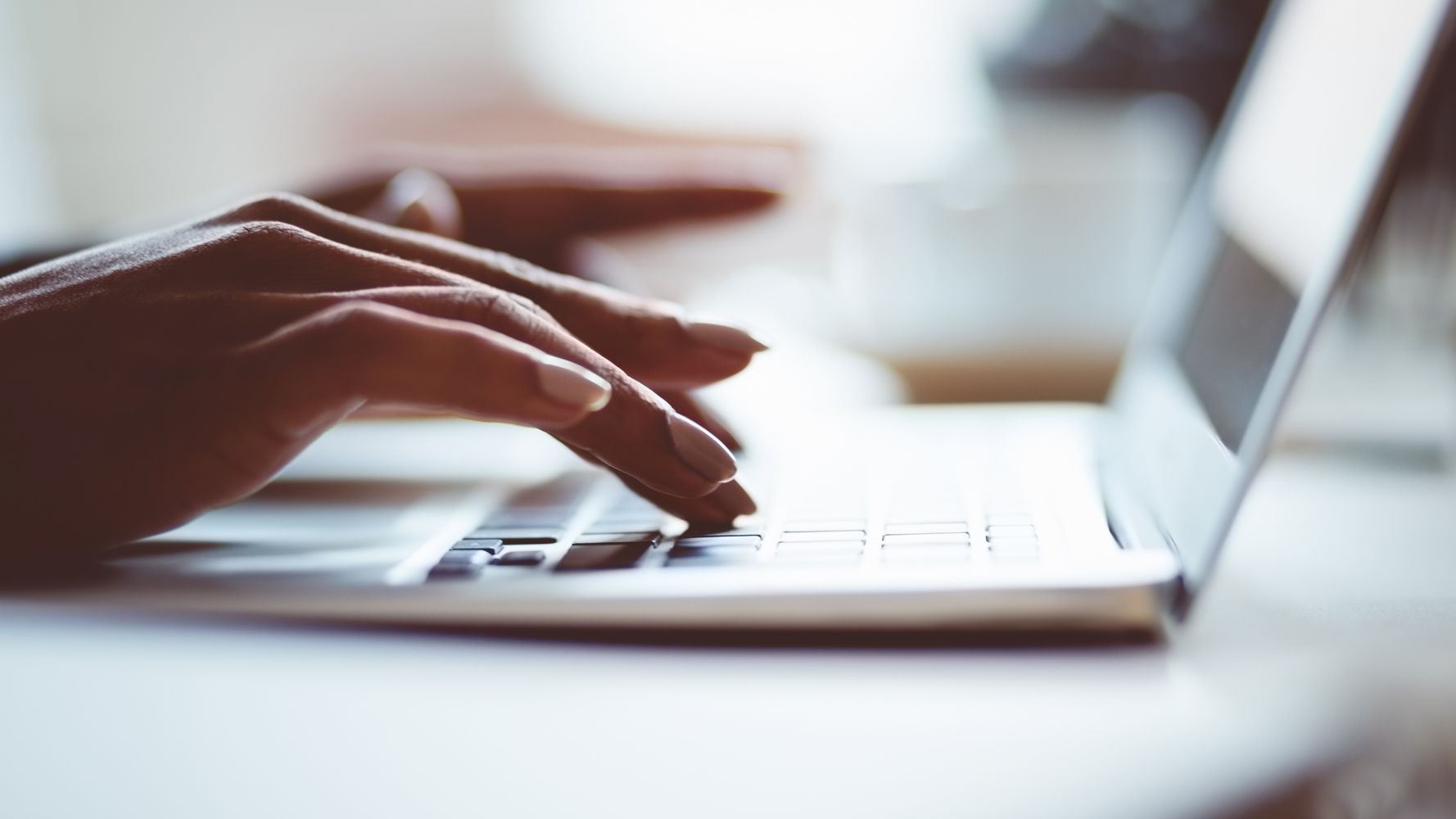[ad_1]

“Try not to take these attacks personally.”
This is the opening statement from a Google Doc sent to me by a 12-step “old-timer” earlier today.
“To those in recovery programs, know that these disruptors are not targeting your specific recovery meetings specifically. These are teenagers, gamers, attacking the Zoom platform itself. The attackers don’t seem to know or care who they attack, they are seeing who can be the most disruptive in Zoom meetings. It’s some kind of twisted form of competition; they’re trying to one-up each other. They are being judged by their peers, and there is a prize for the best.”
I stopped reading the document and exhaled.
When I sat in my first recovery meeting in Los Angeles, I was steeped in shame and crying so hard that I could barely see the people occupying the seats around me. After my third or fourth meeting, I found that I knew a few of the faces, and I began to take some comfort in the common bond I had with these complete strangers. The fact that I was often the only Black person in most of the meetings wasn’t an issue, as I had a great deal at stake.
To put it plainly, if I’d continued to drink, not only would I have risked losing custody of my two boys, it’s not hyperbolic to speculate that I might have died of alcohol poisoning in my sleep.
I went to meetings every day for those first few years. Now, nearly 12 years after my last drink, my life is pretty amazing, and my children have become incredible young adults. And although I am still often the only Black person in the meetings in my neighborhood, I make sure I go to one four or five times per week. I go as often as I do because I need these gatherings to remember why I walked into those first meetings to begin with.
When the first social distancing orders were issued in mid-March of this year, we in the recovery community braced for the worst. What if our meeting spaces, the churches and clubhouses closed? Where would we meet? How would we, the people who needed to gather together to survive, well, survive?
It seems grossly unjust that we, as addicts and alcoholics, folks whose very survival depends upon these gatherings, should be targeted by disruptors who have nothing better to do than ‘bomb’ a recovery meeting with racist imagery.
When I received the first Zoom link to one of my favorite meetings, I almost jumped for joy. We’d figured it out! During these next few weeks, our recovery meetings would take place via Zoom, a video chat platform. Even if we couldn’t gather in person, we would do it virtually.
Several on-screen eyes welled with tears during the first online meeting I attended as “Judy,” a woman with six days clean and sober, shared from her rehab center in Florida. And the whole Zoom chat was filled with congratulations for seven “newcomers” (people who were counting days and weeks without a drink or a drug) who were joining the meeting from a sober living house in Jerusalem.
“This pandemic,” I said to a friend later, “may be the worst thing we’ve ever experienced, but it’s also bringing out the best in so many people. I’m proud of humanity today.”
The following day, our recovery meeting was “Zoom bombed” ― a hacker’s profile took over the speaker’s screen. He was young and white and appeared to be downing a fifth of whiskey while screaming out the N-word and slurs against the LGBTQ+ community. When his ranting continued, I logged out of the meeting and sat staring at my blank computer screen, shaking and confused.
How could anyone be so hateful?
It’s not just recovery meetings that are being targeted. Recent Zoom disruptions have caused many church groups, corporations and New York City’s department of education to start their transition to other platforms, such as Microsoft Teams. While racist disruptions are common, they’re not the only way bombers attempt to shock and offend. Just a few days ago, I was in a women’s-only 12-step Zoom meeting where a naked man appeared on screen, playing with his genitals and yelling out slurs directed at women.
And even though I knew these attacks could not be personal, that Zoom bomber’s attack against Black people had felt very personal to me. As out of nearly 300 people in the meeting, I was one of three brown people, as far as I could tell.
It took a couple of days of these meetings and subsequent Zoom bombings for my friends of color in recovery to start talking to each other about these attacks.
“Were you at the 9:00 meeting when that guy put up the KKK sign and started shouting?” said one. “I have a friend that said someone put a photo of a lynching in the chat,” said the other.
It seems grossly unjust that we, as addicts and alcoholics, folks whose very survival depends upon these gatherings, should be targeted by disruptors who have nothing better to do than “bomb” a recovery meeting with racist imagery. In recovery, we welcome sick people who want to get well. But these sick people are trying to make us scared and angry, and honestly, it’s working.
Meeting secretaries are scrambling now to put safeguards in place to keep these spaces safe from potential attackers. Meetings are now requiring passwords, and some are even going invite-only. And although the FBI is now investigating these Zoom bombings, for some, too much damage has already been done.
Many say we’re heading toward a world where recovery ― an entity that has prided itself on being free and available to all who need it — might suddenly only be available to those who literally know the password. This, to me, is heartbreaking, because it will make it nearly impossible for people like “Judy” and the guys from Jerusalem, who found us in a Facebook group, to log in and be welcomed into a community that is all about connection.
The pressure and temptation to drink may be even greater now, so I need to be more invested in my recovery than ever.
During the pandemic, alcohol deliveries have increased 300% and meetup apps have seen a 296% increase in digital drink-dates. The pressure and temptation to drink may be even greater now, so I need to be more invested in my recovery than ever. For me, that means attending meetings.
And although many Zoom recovery meetings have adopted the recommended safeguards and are better able to eject disruptors who do find their way in, the idea of joining one floods me with anxiety. I am still logging in here and there, but I turn my video and audio off before joining. And during the meeting, I keep my finger poised over my keyboard, ready to log out at the first sign of a hacker.
Am I supposed to feel better about these coordinated racist attacks, because these are being perpetrated by bored, privileged kids who have no idea that they are endangering people’s lives? Am I supposed to dismiss their antics as “kids being kids” and try not to be bothered by imagery that is now seared into my memory?
These aren’t victimless crimes. These actions are endangering people’s lives by making these historically safe spaces disturbingly unsafe. Addicts and alcoholics need community to get well and stay well. If these antics continue, these spaces will shrivel and die, and so we assume, might those of us who need them.
Do you have a compelling personal story you’d like to see published on HuffPost? Find out what we’re looking for here and send us a pitch!
A HuffPost Guide To Coronavirus
Calling all HuffPost superfans!
Sign up for membership to become a founding member and help shape HuffPost’s next chapter
[ad_2]
Source link

